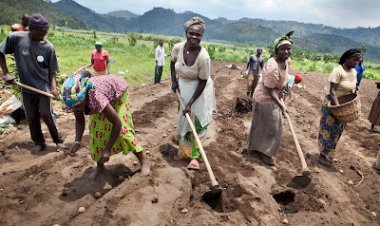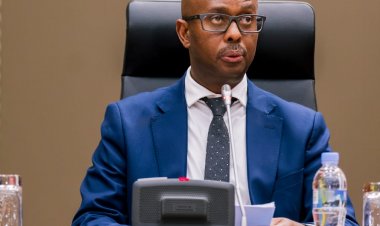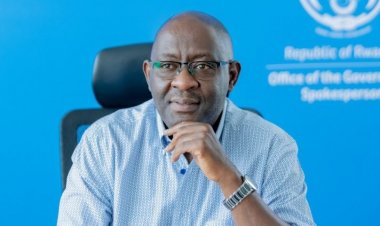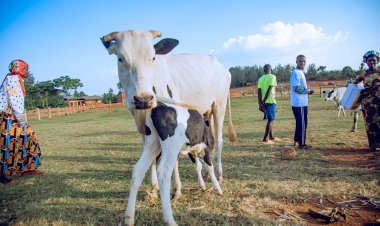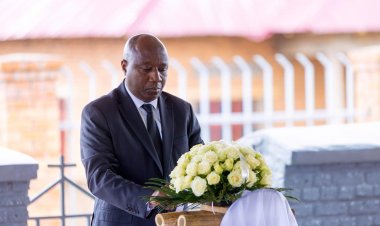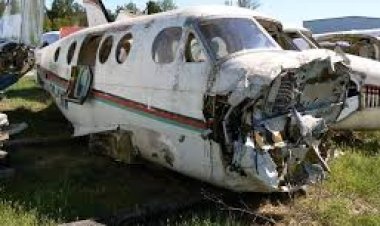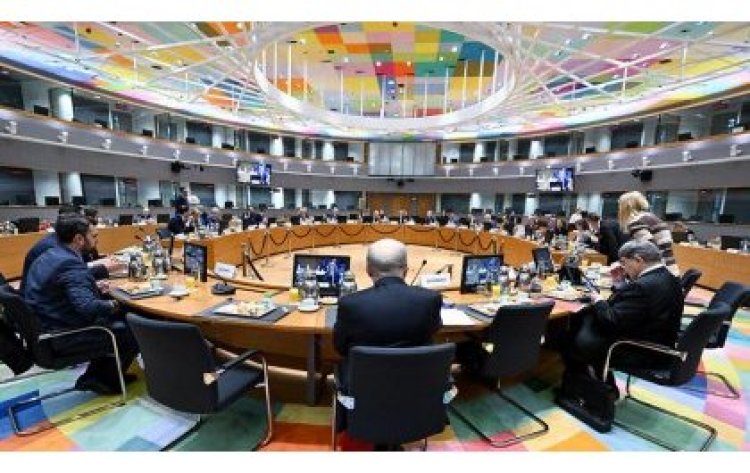
Brussels, February 24, 2025 In a pivotal meeting held on February 24, 2025, the European Union (EU) Foreign Ministers convened to address pressing international issues, with a significant focus on the ongoing security crisis in the eastern Democratic Republic of Congo (DRC). The ministers unanimously agreed that Rwanda will not face immediate sanctions over allegations of its involvement in the conflict, emphasizing instead a commitment to diplomatic and political solutions.
The meeting, which brought together foreign ministers from EU member states, underscored the complexity of the situation in the DRC, where armed groups, including the M23 rebels, have been active for years. While some European countries, such as Belgium, had previously pushed for sanctions against Rwanda, the EU collectively decided to prioritize evidence-based policy decisions over punitive measures.
A Shift Toward Diplomacy Over Sanctions
In a statement released after the meeting, the EU clarified that it would not follow the path taken by the United States, which recently imposed sanctions on certain Rwandan officials. Instead, the EU will focus on “actions guided by verified facts on the ground.” This decision reflects a broader commitment to fostering stability in the Great Lakes region through dialogue and cooperation.
Rwandan President Paul Kagame, in a recent interview with Jeune Afrique, reiterated his government’s stance on the matter. He emphasized that Rwanda’s priority is ensuring national security and protecting its sovereignty, rather than being deterred by the threat of sanctions.
“Some countries, like Belgium and Germany, which have colonial histories in the region, are trying to intimidate us with sanctions because we are defending our rights,” Kagame stated. “But let me be clear: when faced with a choice between compromising our security and facing sanctions, I will always choose to protect my country. Sanctions do not scare us.”
Rwanda’s Position on the DRC Conflict
Rwanda has consistently denied allegations of supporting the M23 rebel group, which has been engaged in prolonged conflict with the DRC government. Instead, Kigali has advocated for a peaceful resolution to the crisis through regional dialogue mechanisms.
The Luanda and Nairobi peace processes, which bring together key stakeholders in the region, have been central to these efforts. Recently, the appointment of new mediators, including former Nigerian President Olusegun Obasanjo, former Ethiopian Prime Minister Hailemariam Desalegn, and former Kenyan President Uhuru Kenyatta, has injected fresh momentum into the talks.
Upcoming Ministerial Meeting to Chart the Way Forward
The EU Foreign Ministers’ meeting concluded with an announcement of an upcoming high-level ministerial conference scheduled for the end of this week. The conference will review a joint report by the East African Community (EAC) and the Southern African Development Community (SADC) on the security situation in the DRC. It is expected to outline a roadmap for political dialogue, building on the progress made through the Nairobi and Luanda processes.
A Call for Regional Cooperation
The EU’s decision to rule out sanctions against Rwanda marks a significant shift in its approach to the DRC conflict. By prioritizing diplomacy and regional cooperation, the EU aims to address the root causes of the crisis and support sustainable peace in the Great Lakes region.
As the situation evolves, all eyes will be on the upcoming ministerial meeting, where concrete steps toward a political solution are expected to be unveiled. For now, the message from Brussels is clear: dialogue, not sanctions, is the way forward.
 English
English  Kinyarwanda
Kinyarwanda 



 Mathieu KARUMUGABO
Mathieu KARUMUGABO 